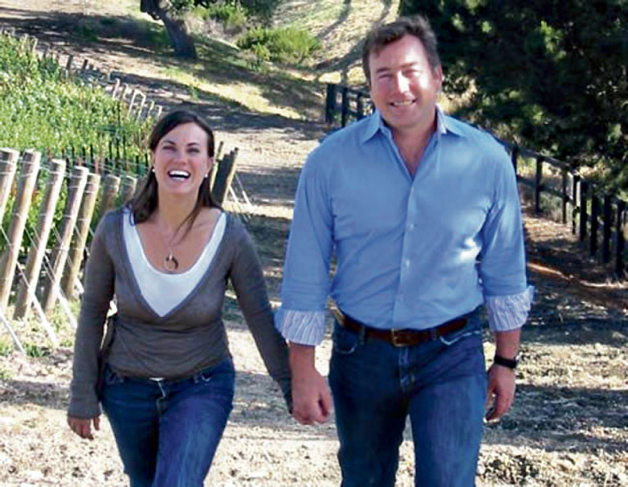Shiraz Needs Character Development
Let me ask you a question. How often do you drink Shiraz? There once were throngs of devotees who scoured the planet to find the latest 100-point giant Shiraz to fill their empty glasses. Where are they now? That dark, inky, thick, syrupy jam that once wooed millions seems like an endangered species. Has Shiraz played its final tune?
The steep decline of Australia in the wine world has certainly not helped, but what many people loved about the wine also is what spelled its demise. That intense, sweet, blackberry jamminess that had been Shiraz’s signature is old hat. Concord grape jelly, berry preserves, cooked black and red fruits are all flavors that can be easily coaxed from almost any red grape varietal if the climate it is grown in is warm enough and the grapes spend enough time on the vine. So that point of difference between Shiraz and Zinfandel from California, Grenache from Spain and even some Merlots and Cabernets from California is blurred.
Chrystal and Steve Clifton
Ditto goes for that big body of Shiraz. Some say it’s like an Adonis, Mr. Universe in a bottle, mammoth in size and weight, rippling with muscles as big as your head with the ability to crush it, too. But some see it more like Jabba the Hut of Star Wars. It is lazy, fat, overweight, obese, lacking in acidity and balance. He couldn’t even defend himself against a 110-pound woman choking his lights out! Speaking of being choked, sometimes the alcohol levels in Shiraz can be choking, too. Reaching easily upward of 15 percent, the heat and warmth of it could be mistaken for that of a hard spirit rather than wine. Think about it. What other wine needs to be that high in alcohol in order to deliver its flavor? I would propose that none does.
Why are alcohol and acidity so key? Well, in many cases Shiraz, more so that other wines, is out of balance. Shiraz has tons of alcohol, which can wear on a drinker’s palate. By that I mean it can deaden your senses much more quickly than wines with lower alcohol levels. The more alcohol you imbibe, the more your ability to function diminishes, and that includes tasting. High-alcohol wines are not as refreshing without the balance of acidity. And when you are drinking multiple bottles of wine, this can be a liability both for Shiraz and for you, if you decide to drive. For these reasons, many drinkers may buy or order one bottle of Shiraz, but not a second. And when you are competing with so many other wines and varietals, it is no wonder.
And when it comes to food and wine pairing, what exactly do you pair a 15.5 percent alcohol content wine with gobs and gobs of fresh, black jammy fruit? Dessert? Barbecued baby back pork ribs, maybe? A steak done rare? The point is that Shiraz’s food partners are like the number of Real Housewives episodes I can watch, which is quite limited.
Perhaps Shiraz will make a big comeback. We will have to see. Like any rare species, there will be those who will never let it completely disappear. I certainly don’t think that it should. But Shiraz will need to get better. It needs to be more character-full rather than just flavorful. It needs balance and sense of place. That would give it the nobility that it deserves. That will put it back in the forefront of the wine world.
Recommendations: 2007 Cedar Knolls Cabernet Sauvignon ($37) This is a really strong Napa Valley Cabernet at a modest price. Thick and full of depth and flavor. Luscious fruit on the entry leading to a sweet tone of vanilla on the end. Very nice and smooooth. 2010 Palmina Dolcetto ($15) This combines the beautiful weight of an Italian example with the lush and ripe fruit of California. Blueberries, raspberries and notes of savory spices all combine in this very, very tasty red.
Roberto Viernes is a master sommelier. Email rviernes@southernwine.com or follow him on Twitter @Pinotpusher.






